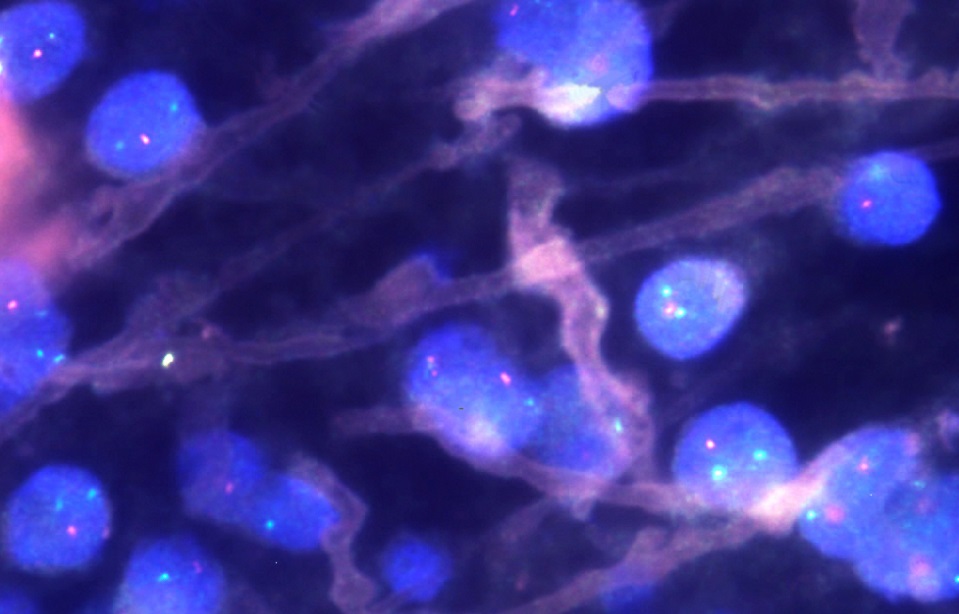
Brain UK study ref: 20/016,
Lay summary,
Project status: Closed
Bithalamic Gliomas in children and adolescents: Clinical, radiological, histopathological, (epi-)genomic, molecular and survival characteristics
Dr Julia Cockle, Division of Molecular Pathology, The Institute of Cancer Research
Bithalamic gliomas are rare brain tumours in children. They often present with mood and behaviour changes as a result of where they are in the brain. Research describes these tumours as having poor outcomes to better outcomes, with or without treatment, so we don’t really know the best way to manage paediatric bithalamic gliomas. Bithalamic gliomas cannot be surgically resected and current treatment options with chemotherapy and radiotherapy are not the same across treatment centres. We want to contribute to the growing body of knowledge on paediatric bithalamic gliomas and to inform the best management. We will analyse the data from a group of patients with this tumour who are treated in our London paediatric oncology services. We will use this data, alongside published cases, to describe the clinical and survival characteristics of this disease as well as the appearance of these tumours under a microscope. We are gathering samples of paediatric bithalamic gliomas to perform various molecular experiments to try and find the different genetic abnormalities that occur within the cancer cells. Once these are identified, we can understand which drugs could be used to try and stop the cancer from growing and help to improve the survival of the children diagnosed with these tumours.
